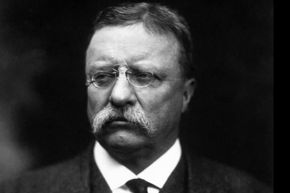
Compared to all the taxes you must worry about during your life, the tax that comes after your death might seem unimportant. And perhaps it is, if you plan to leave everything to charity or your spouse, which can exempt you from the post-mortem tax bite. But if you're hoping to help provide for the future of your children or anyone else, it's important to know about the taxes the government will collect from that gift.
The idea behind the tax is simple: Once you die, all of your assets will be subject to the federal estate tax before they transfer to someone else.
Advertisement
Some states impose their own tax in addition to the federal tax. In practice there are several exemptions, and your assets need to meet a certain minimum to qualify for the tax at all. When the tax is taken before it's distributed to your heirs, it's called an estate tax. When the tax is assessed on the heirs themselves, it's referred to as an inheritance tax. Collectively, these taxes are nicknamed the death tax. You can learn more about them in How Inheritance Tax Works.
The economic implications of such taxes have been controversial. In 2007, while running for president, Hillary Clinton said, "The estate tax has been historically part of our very fundamental belief that we should have a meritocracy, that we do not want a system ... dominated by inherited wealth" [source: AP].
Clearly, then, there is more to this tax than just another way to increase revenue. Many of its supporters believe that it's philosophically and ethically right for governments to impose this tax on the wealthy. Opponents, on the other hand, argue that the tax brings in little revenue while unfairly punishing well-meaning people who want to provide for their families.
Note that Hillary Clinton drew criticism several years later when, in 2014, it was revealed that she and her husband, former President Bill Clinton, had shifted ownership of their home into residence trusts. This action served as a way to reduce the estate taxes if they planned to leave the home to their daughter, even though they had both politically supported estate taxes [source: Rubin].
To understand the significance of the death tax, we need to be familiar with its fascinating history, which stretches back to ancient times and was even a prominent issue in the most influential legal document in history.
Advertisement






